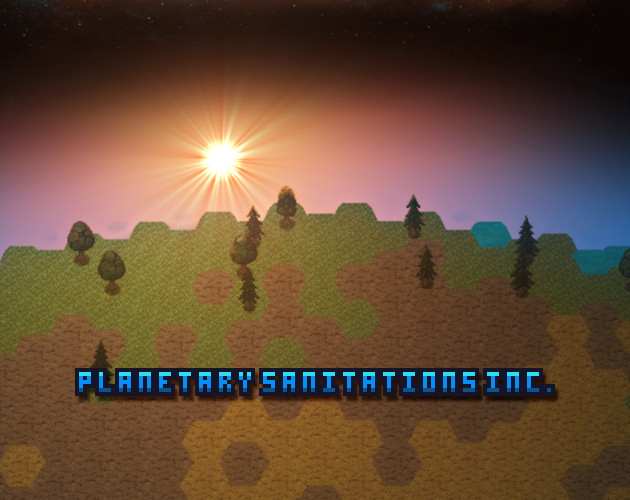- The Solar System consists of the Sun and its planetary system of eight planets, their moons, and other non-stellar objects. It formed 4.6 billion years ago from the gravitational collapse of a giant molecular cloud. The vast majority of the system’s mass is in the Sun, with most of the remaining.
- As for Mac OS, Planetary Annihilation: TITANS requirements here start with OS X 10.9+ operating system. Processor needs to be at least MODERN Quad Core. 8 GB of RAM is required. Your graphics card should be OpenGL 3.2+. Finally, the game needs 5 GB of free disk space.
- Planetary Sanitations Inc. Mac Os Download
- Planetary Sanitations Inc. Mac Os 7
- Planetary Sanitations Inc. Mac Os X
If you’re a turn-based strategy game fan and you’re looking for something a bit different, you might want to take a look at German game developer Avis Nocturna’s effort, Planetary Conquest. The game adds some unique play elements by incorporating a 3D, OpenGL-based graphics engine, instead of the more traditional 2D sprite-based engine many turn-based strategy games employ.
Planetary Conquest describes the gameplay very succinctly — it’s up to you, using the resources and units at your disposal, to take over planetary terrain. You must harvest resources and build units that will enable you to complete your objective, either against the computer or against up to three other players working over a network connection.
They range from artistic interpretations and slideshows of actual images captured by telescopes and satellites to realistic 3D simulations of planetary movements. Sort by popularity (weekly) Sort by user rating Sort by price (low-high) Sort by price (high-low) Sort by date (new-old) Sort by date (old-new) Sort by name (a-z) Sort by name (z-a).
Described by Avis Nocturna as a “large upgrade,” version 1.7 of Planetary Conquest features the following changes:

A demo of the game is available for download at the link below. Please visit the More Info link if you’re already a Planetary Conquest owner and you’d like to download the latest updater. System requirements include a PowerPC 604e or better-equipped Mac and an OpenGL-capable video card.
The full game is available for purchase on CD-ROM for US$20, plus shipping.
More info Download Planetary Conquest 1.7 demo [3.9MB]
macOS is our primary development environment.
Generic troubleshooting: https://planetaryannihilation.com/support/troubleshooting/
Official Support: https://support.planetaryannihilation.com/
Official Discord: https://discord.gg/pa
macOS System Requirements
macOS Planetary Annihilation Data Directory
Planetary Sanitations Inc. Mac Os Download
The default location is in your local library folder:
Planetary Sanitations Inc. Mac Os 7
Your user library folder is hidden by default and can be accessed via:
- Finder > option key + Go menu > Library: https://support.apple.com/kb/PH18928
Planetary Sanitations Inc. Mac Os X
macOS Crash Dumps
The default location for minidumps generated by PA is now the logs directory in the Planetary Annihilation data directory.
On macOS you can also use the console application to locate macOS generated crash reports: